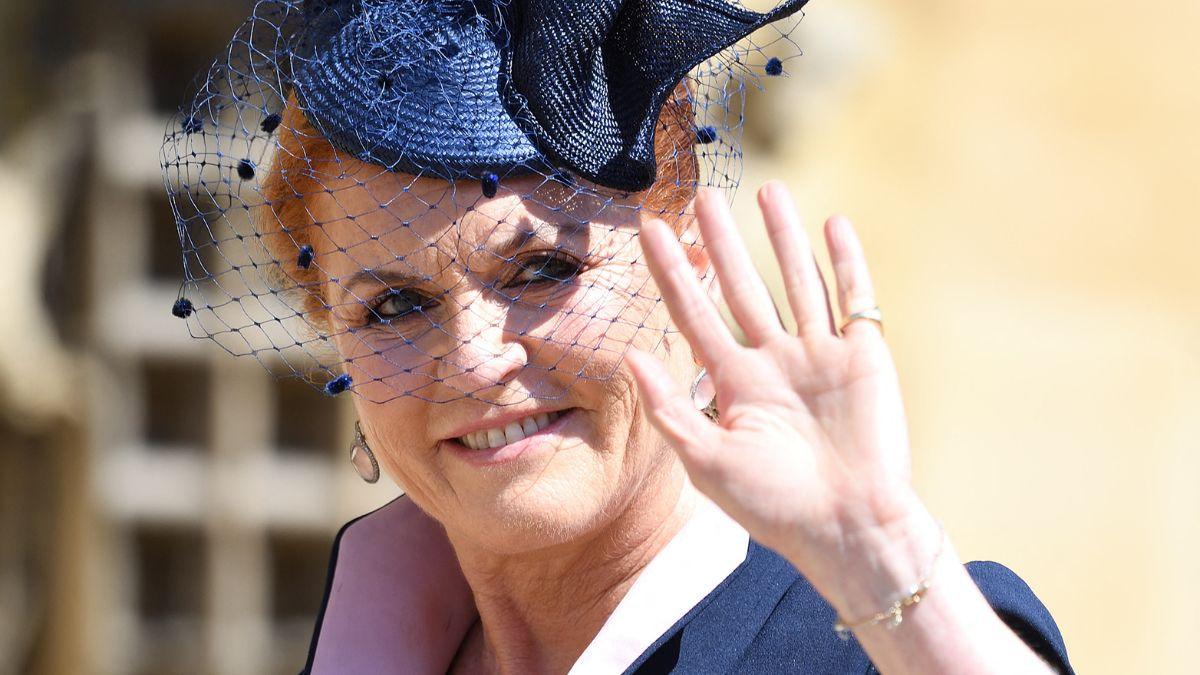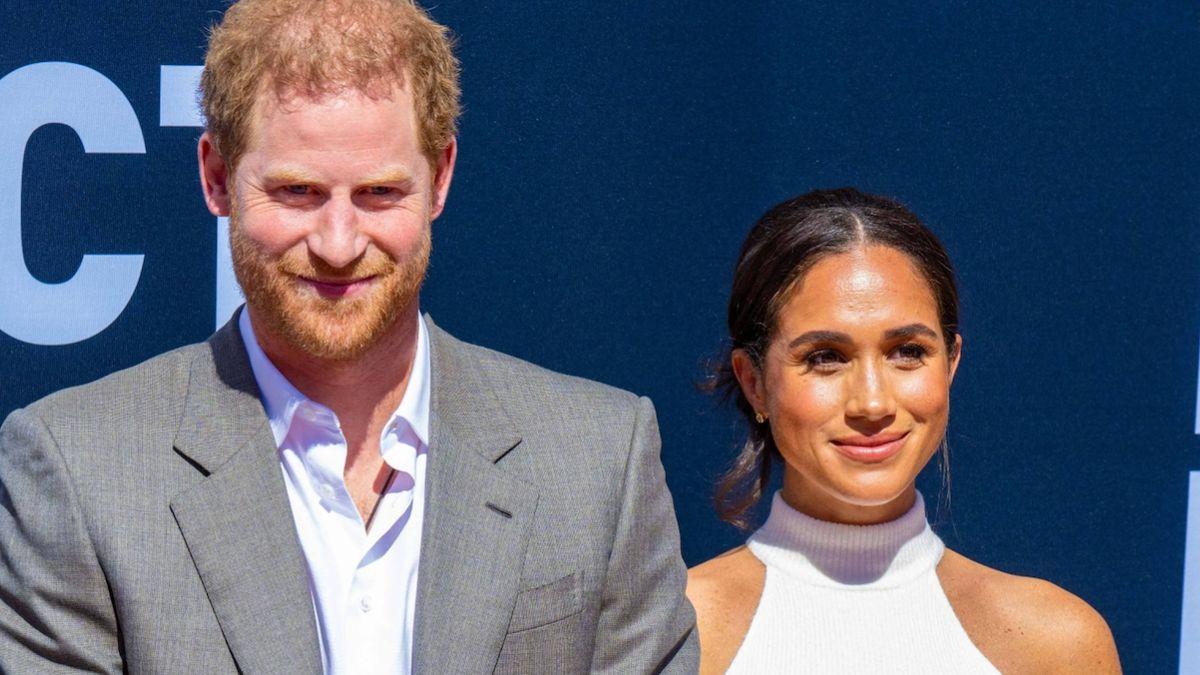EXCLUSIVE: Meghan Markle Slammed for Branding L.A. Riots 'Cinematic' — 'She Acts Like Seeing a Few Looters Carrying Diapers Makes Her a War Survivor With PTSD'
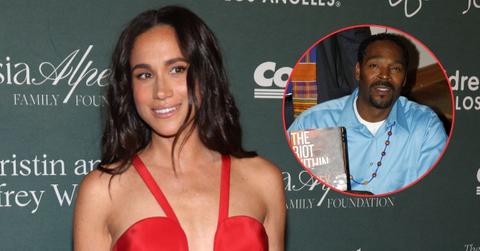
Meghan Markle has been receiving backlash after calling the LA riots 'cinematic.'
Nov. 23 2025, Published 4:15 p.m. ET
Meghan Markle is facing a fierce backlash after describing the 1992 Los Angeles riots as "cinematic," RadarOnline.com can reveal.
The row stems from Markle's new Harper's Bazaar cover interview – which sources have told us appears to be so sycophantic it is as if the duchess edited it herself.
Markle's December cover profile sees her revisits being 11 years old during the killer L.A. uprising, sparked by the fatal police beating of Rodney King.
Wave of Criticism
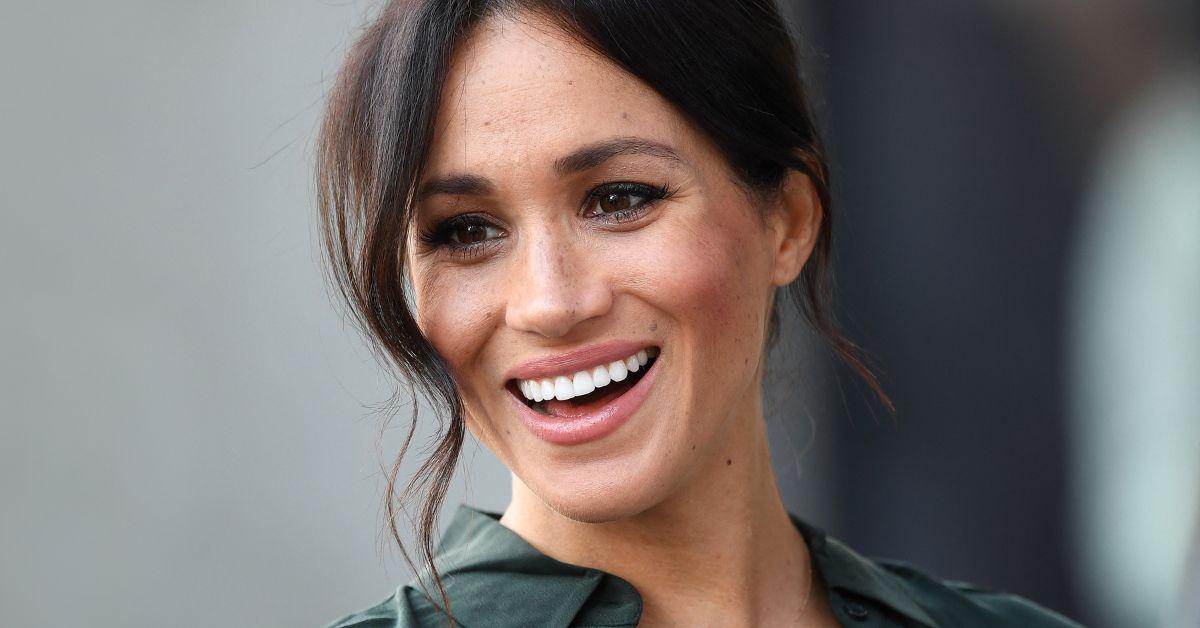
Meghan Markle called the 1992 L.A. riots 'cinematic' in her new interview.
She babbles in the piece: "It was cinematic in a way I don't think many people can understand... it was so visual. Smoke everywhere. People were driving around with the back of their SUVs open."
Markle – who was raised middle class away from those who rioted – adds of the looters who took to the streets during the uprising: "I saw people running with boxes of diapers, smashed windows, so much fire and ash falling from the sky that it felt like snow."
She later adds she thinks the City of Angels is "resilient," saying: "It was scary, but L.A. survived it."
The interview has triggered a wave of criticism from local residents who lived through the unrest, and media commentators who say the Duchess of Sussex's framing of the riots is, at best, self-dramatizing and, at worst, historically tone-deaf.
One L.A. source said: "She acts like seeing a few looters carrying diapers makes her a war survivor with PTSD – like some kind of veteran. It's a joke and shameful.
"People died. Neighborhoods burned. For anyone really there it wasn't a movie scene – it was people's lives."
Another resident of the city raged: "She says the ashes 'felt like snow.' We lost half the city. Who talks liked this?"
Yet another critic joked: "Meghan didn't grow up in no ghetto – someone needs to tell her she didn't live through Boyz n the Hood!"
And one said: "Meghan says, 'I saw ash falling from the sky.' Those who were there saw fear, violence, poverty and boarded-up stores. And it's the way Meghan almost narrates it like a movie voiceover – of course giving herself the starring role."
Another critic said "Meghan always frames events through how they shaped her – not what they meant to the wider community. That's what grates about this."
Accusations of Exploitation
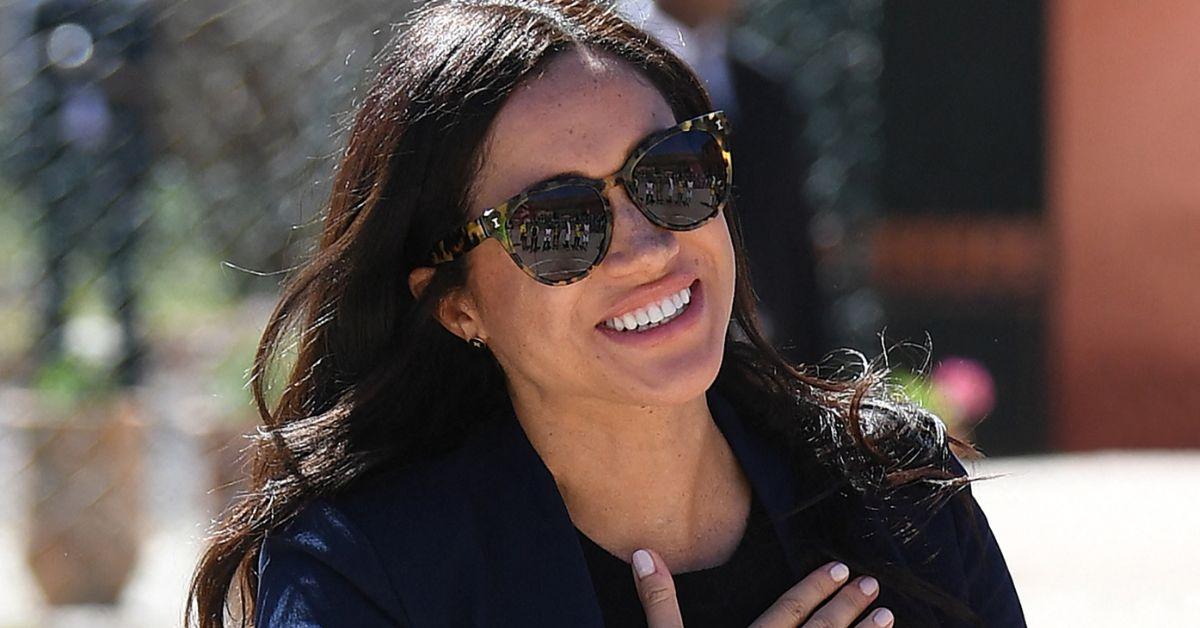
Social media users slammed Meghan for sounding tone-deaf.
Some in the entertainment industry were blunter.
One Hollywood publicist said: "She wants gravitas, so she retrofits and exploits huge trauma to make it sound as if she carries serious trauma. The problem is everyone in L.A. over 40 remembers those days, and the city has a long memory. You can't turn the riots into an origin story when it had virtually nothing to do with you."
And she says, 'L.A. survived it.' "Yeah, many people did – but the difference is they didn't come out with a Netflix deal at the end of it."
Markle was raised in a middle-class, and later upper-middle-class, environment in Los Angeles.
She grew up in a flourishing neighborhood in the San Fernando Valley area of the city – not classed an underprivileged area.
In an episode of her podcast, she addressed rumors she was "straight outta Compton" – clarifying she has never lived in the crime-riddled area.
Markle's Middle-Class Background
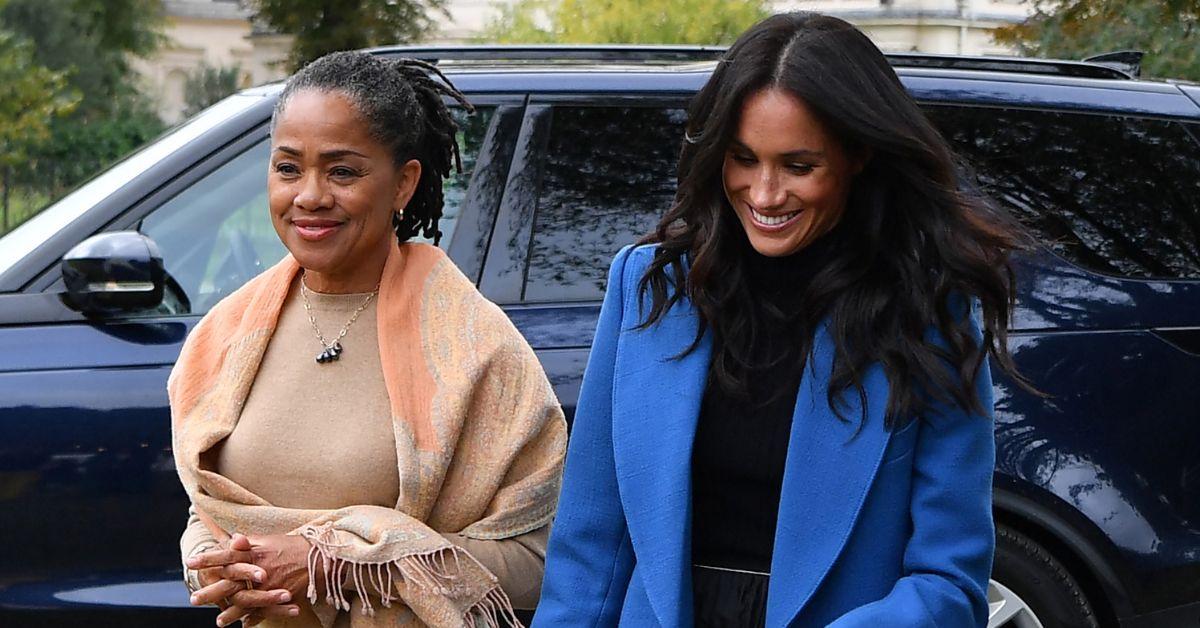
Meghan said her mother Doria faced racism during that period.
Her now-estranged father, Thomas Markle, was an Emmy Award-winning television lighting director who worked on popular shows including Married... with Children – and he used a chunk of the $750,000 he won in the California State Lottery in 1990 to send his wannabe actress daughter to private school.
Her mother, Doria Ragland, was a social worker and yoga instructor. Markle's latest remarks about the L.A. riots follows a similar accounts she gave in a 2020 speech to students at Immaculate Heart and in a 2015 essay for Elle.
In 2020 she told graduating students: "I was 11 or 12-years-old when I was just about to start Immaculate Heart middle school in the fall and it was the L.A. riots, which was also triggered by a senseless act of racism.
"And I remember the curfew and I remember rushing back home and on that drive home seeing ash fall from the sky and smelling the smoke and seeing the smoke billow out of buildings.
"And seeing people run out of buildings carrying bags and looting.
"And I remember seeing men in the back of a van just holding guns and rifles and I remember pulling up to the house and seeing the tree that had always been there completely charred.
"And those memories don't go away."
L.A. Riots' Devastating Impact

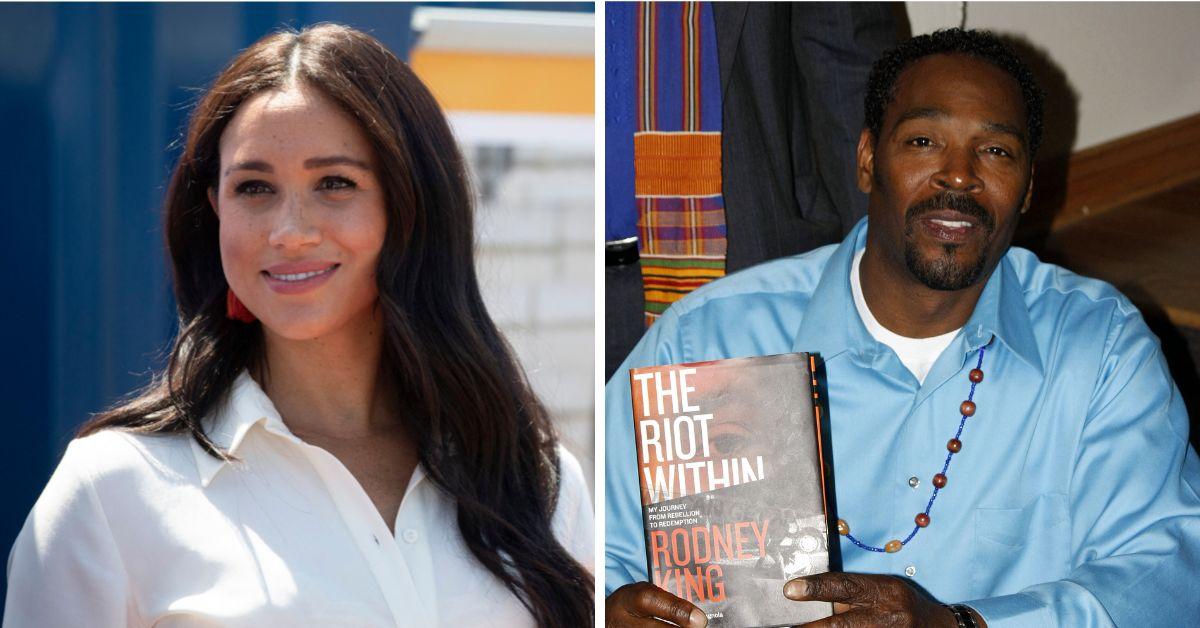
Meghan referenced the Rodney King beating and said the riots felt like a movie.
In her 2015 article for Elle, Markle warned protests in Ferguson and Baltimore showed America had not healed old wounds.
She said: "On the heels of the racial unrest in Ferguson and Baltimore, the tensions that have long been percolating under the surface in the U.S. have boiled over in the most deeply saddening way.
"And as a biracial woman, I watch in horror as both sides of a culture I define as my own become victims of spin in the media, perpetuating stereotypes and reminding us that the States has perhaps only placed bandages over the problems that have never healed at the root."
Markle has also spoken about hearing an angry motorist call her mother the "N word" – and revealed white people have made offensive jokes around her without realising she is biracial.
The L.A. riots were detonated in South Central Los Angeles on April 29, after a jury acquitted four officers of the Los Angeles Police Department charged with using excessive force in the arrest and beating of Rodney King.
Thousands of people rioted over six days following the verdict's announcement and was only quelled after the California National Guard, United States military and several federal law enforcement agencies deployed more than 10,000 armed responders.
By the time the riots ended, 63 people had been killed, 2,383 more were injured – and over 12,000 arrested. It's estimated $1 billion in property damage was inflicted, making it the most destructive period of local unrest in U.S. history – before that record was surpassed by the cost of the Black Lives Matter riots that exploded after the 2020 cop killing of George Floyd.
